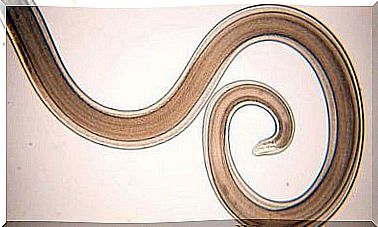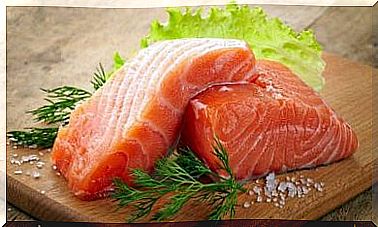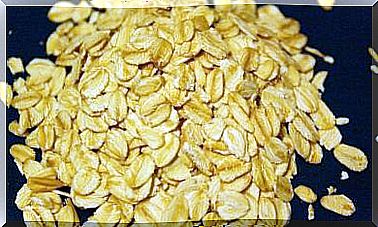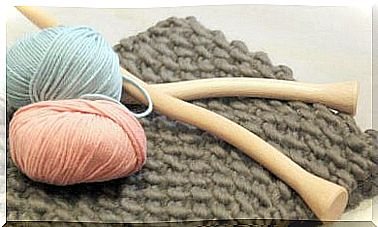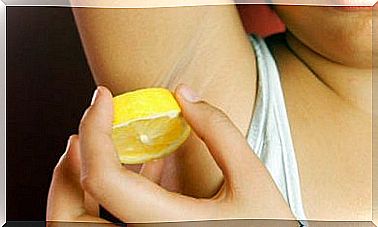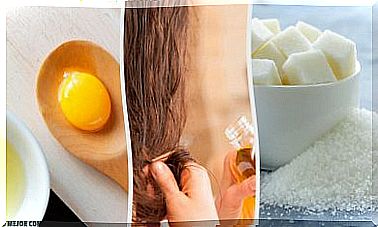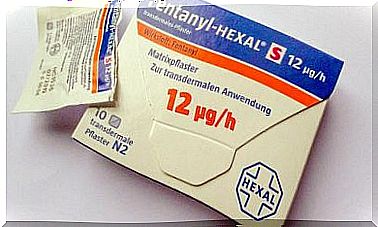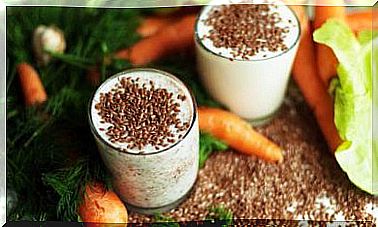Whey: Nutritional Benefits And Alternatives
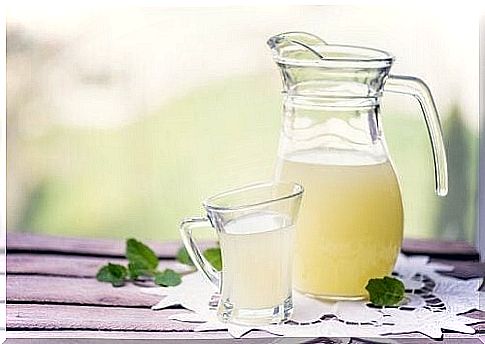
Many American recipes include the so-called buttermilk , whey or butter whey. However, in some countries it does not exist, so we have to resort to alternatives to whey.
In this space we want to show you some alternatives that you can use to replace this ingredient, as well as the main benefits and properties of whey. Read on to find out.
Information on whey
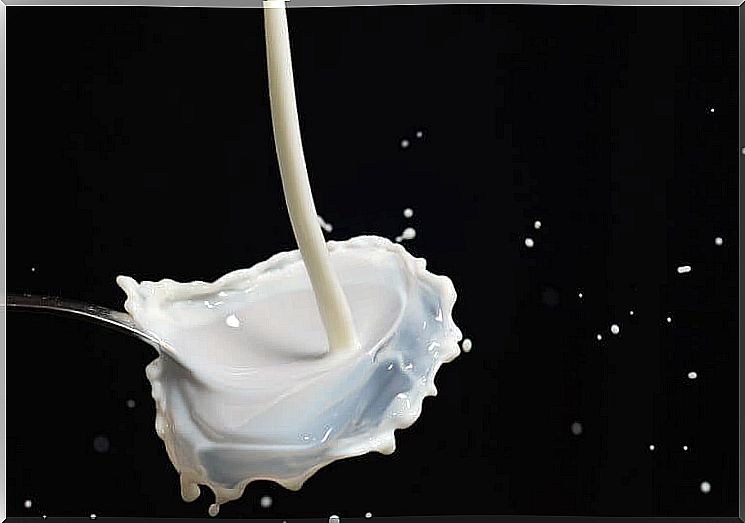
Whey is a type of slightly acidic milk. The acidity of the whey comes from the acids it contains, especially lactic acid, because the proteins are slightly curdled.
Decades ago, when butter was processed manually, a liquid was left over at the end of this process. This liquid used to be called whey, but it actually contained less butterfat than traditional butter.
Basically, whey is healthier than butter or sour cream. Today, manufacturers add lactic acid bacteria to low-fat or low-fat milk to make whey.
Main nutritional properties
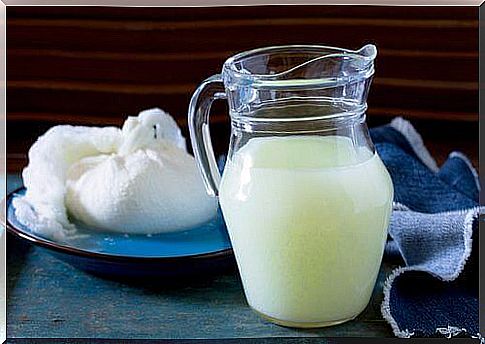
It is a rich source of vitamins
Whey is a rich source of B vitamins (B1, B6, B12), essential for proper development and functioning of the body.
This compound is also rich in vitamins C and D, which are useful for strengthening the immune system. One thing to take into particular consideration in winter, when we are more prone to flu and cold.
Rich in minerals
Another of the most important properties of whey is that it contains a high concentration of minerals such as calcium, phosphorus, potassium, sodium, manganese and magnesium, which overall are essential for the proper functioning of our body.
Contains low cholesterol levels
Finally, it must also be emphasized that it has a very low caloric intake, so its consumption is recommended to all those who suffer from high arterial LDL cholesterol and who are trying to say goodbye to cardiovascular diseases such as hypertension.
We recommend the consumption of whey for all those who wish to lose a few extra pounds and who try to take care of their figure, since, all in all, it is a low-calorie compound.
Main benefits of whey

As you may have already seen, all the main nutrients of whey will contribute to improving your life, something that, over time, will turn into a series of benefits to be taken into consideration and which we will summarize in these last lines:
- It is good for the intestinal flora. It has been shown to act as a powerful prebiotic for our intestinal flora, making it really useful in treating any ailment that affects it, such as diarrhea or constipation.
- Ideal supplement for athletes. It has also become the ideal ally when it comes to playing sports, since it stimulates a better synthesization of carbohydrates, which will then become energy, what we sometimes really need to face the day or to perform a high intensity exercise.
- It is a natural purifier. This is thanks to its high content of amino acids, such as glutamine, which helps detoxify the liver.
5 Alternatives to whey
1. Cream of tartar
Measure 1 3/4 teaspoon of cream of tartar plus a cup of milk. Beat together to mix and let sit at room temperature for 5-10 minutes, until curdled.
2. Lemon juice
Add a tablespoon of lemon juice (15 ml) to 250 ml of partially skimmed or skimmed milk. Leave the mixture to rest at room temperature for 5-10 minutes. It will look like buttermilk or a particularly liquid yogurt. Stir and it will be ready.
3. Yogurt
In a liquid dispenser, mix two tablespoons of milk with enough natural yogurt to fill a cup. After mixing, you will have obtained a timely whey substitute.
4. Sour cream
If you have sour cream at home, you can easily make it a whey substitute by diluting it with milk, until you get the consistency of butter. Mix everything to be able to use it.
5. White or apple vinegar
Add a tablespoon of white or apple vinegar (15 ml) to 250 ml of semi-skimmed or skimmed milk. Let the mixture rest at room temperature for about 5-10 minutes (until curdled). Stir and ready.
At this point, you already know the benefits of whey and its possible alternatives to include in your daily diet. Try them to create a multitude of recipes in which whey is an indispensable ingredient.
